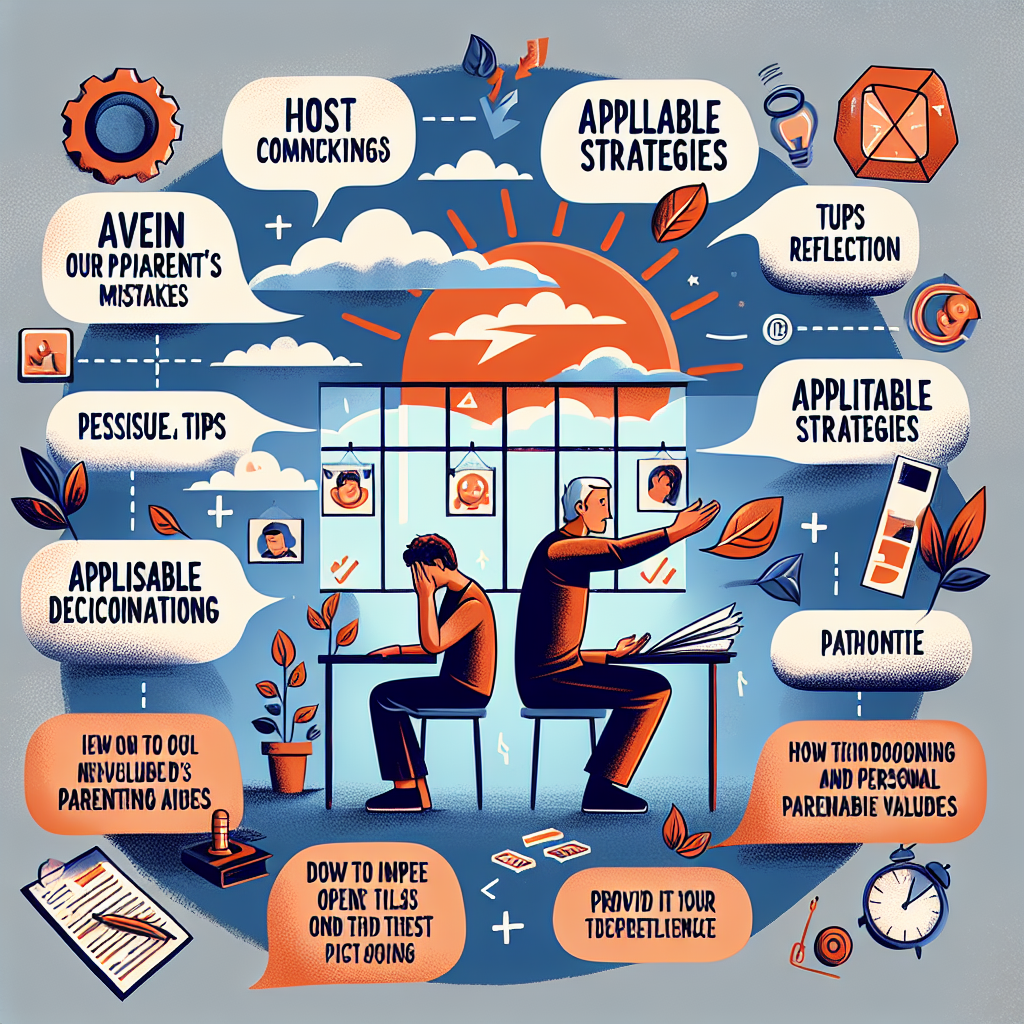Child Development: A Complete Guide to the Essential Stages
When it comes to raising and educating children, every parent wants to do their best to ensure an environment conducive to the harmonious development of their little ones. In this sense, it is crucial to be aware that some of the methods our parents applied are not necessarily the most effective or healthy for the new generation.
In this article, we aim to provide tips and strategies to help us avoid the mistakes of our parents and adopt modern and positive approaches in raising children.
Understanding the Generational Educational Cycle
One of the most common mistakes is repeating the educational model we received from our parents without critical reflection and adaptation to contemporary realities and challenges. It is important to understand that each generation comes with its own needs and the socio-cultural context is constantly changing. Today's children are growing up in a digitized world, where information is a click away and where social and emotional skills are just as valuable as academic ones.
Adaptation to the Modern World
Adapting to new realities means encouraging autonomy and critical thinking in children, and giving them space to express their opinions and feelings. This is a departure from the authoritarian pattern of previous generations, where the child was often seen and not heard.
Effective and Empathic Communication
One of the most important aspects in the education of children is communication. We need to overcome the barrier of one-way communication and move towards two-way communication, where the parent is not only talking, but also actively listening. Thus, the child feels understood and valued, which contributes to the development of a healthy self-esteem.
Education Based on Encouragement and Not on Criticism
In the past, great emphasis was placed on criticism and punishment in education. However, current studies show that encouragement and constructive praise have a much more positive long-term impact on a child's behavior and performance. It is essential to focus on children's strengths and support them in positive ways.
Setting Clear Rules and Boundaries
Although freedom of expression and autonomy are important, they should not preclude the establishment of clear and constant boundaries and rules in education. Children need structure to feel safe and to learn about responsibilities and consequences. The key is how we communicate these limits to them - with respect and explanation, not through authoritarian imposition.
Learning by Personal Example
Children are the best observers and often learn by imitating the behaviors they see in their parents. That's why it's vital that we as parents behave the way we want them to behave. This includes everything from how we handle stress and conflict, to work ethics and relationships with those around us.
Approaching Errors as Learning Opportunities
Treating mistakes as failures is another preventable mistake. Learning is a process of trial and error, and mistakes should be seen as opportunities for growth. We need to teach children that it is OK to make mistakes and encourage them to try again by supporting them in the learning process.
Strengthening Emotional Health
Children's emotional health was not always a priority in traditional education methods. However, emotional skills are critical to success in adult life. Children need to be taught how to manage difficult emotions, how to develop resilience and how to establish healthy relationships.
Conclusion
Children's education is a long and complex road, full of challenges, but also of satisfaction. As parents, we have the opportunity to learn from the mistakes of previous generations and adopt more appropriate parenting methods for today's times. Through effective communication, encouragement, setting clear boundaries, leading by example and fostering emotional health, we can ensure that our children grow up to be strong, resilient individuals ready to face the challenges of modern life. By learning and adapting together, we will create a better world for ourselves and our children.














































































































































